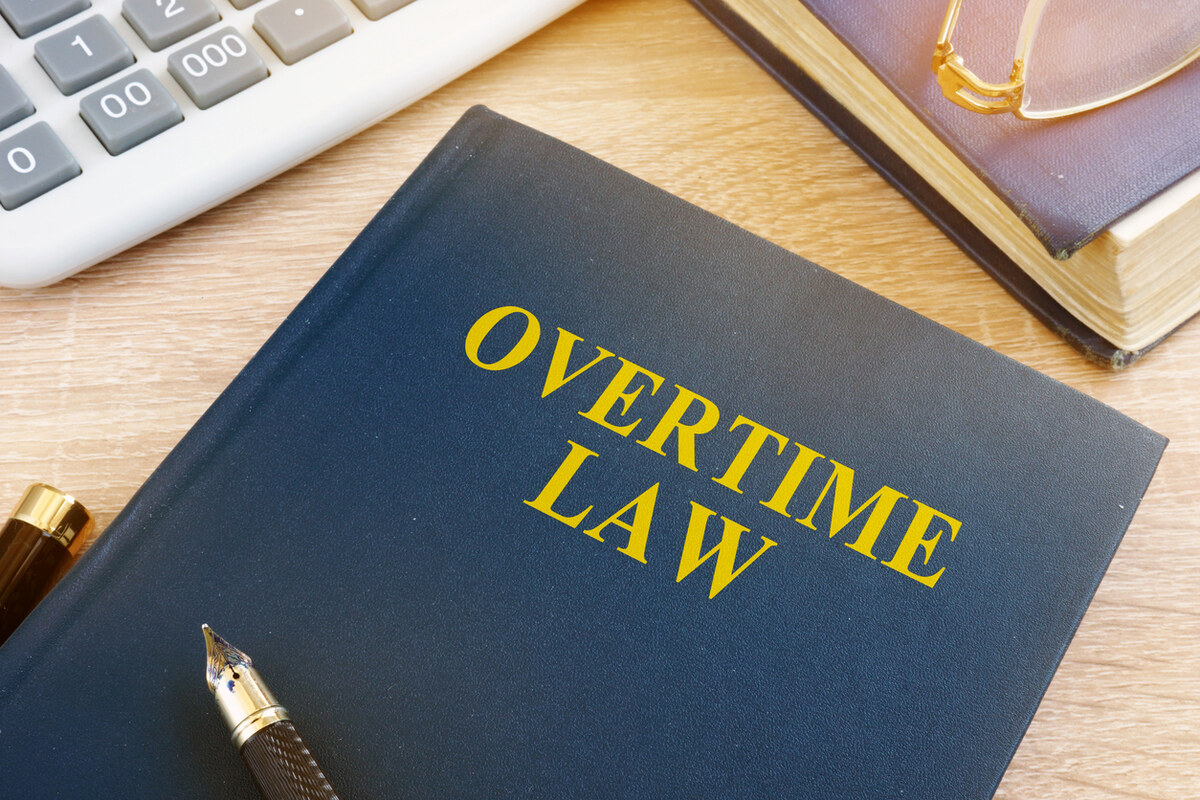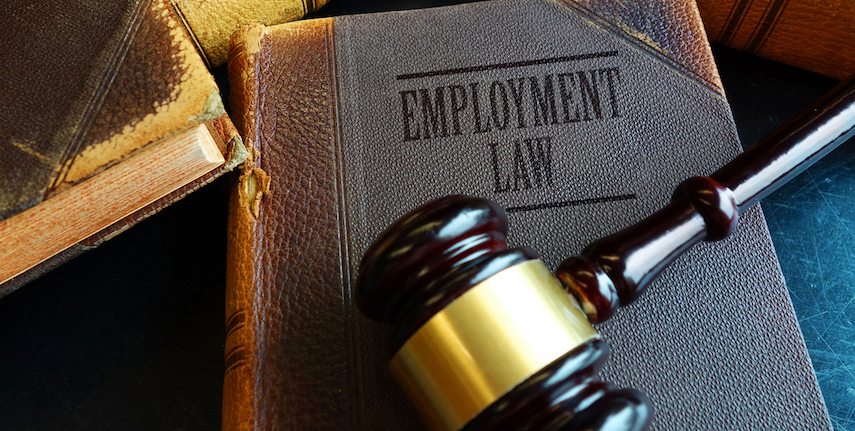Builder of New NASA Spacecraft Hit with California Labor Lawsuit

In fact, according to the Los Angeles Times (8/12/14), there are two lawsuits against Space Exploration Technologies Corp., popularly known as SpaceX. The crux of the matter involves alleged affronts to the California labor code as it relates to missed meal breaks and rest periods, and unpaid wages.
The first California labor lawsuit, filed by two former employees, allege that SpaceX improperly laid off hundreds of employees in late July of this year without benefit of fair notice or compensation.
Then, two days later in Los Angeles County Superior Court, a former tool maker with the upstart manufacturer filed a lawsuit claiming that SpaceX violated various tenets under California labor employment law.
Among them: imposing schedules and workloads that ate into designated meal breaks and rest periods as required under California and labor law; rounding time sheets to the nearest 15-minute increment, potentially cheating an employee out of cumulative wages and potential overtime pay; and that employees were not reimbursed for tools purchased on their own, in order to accomplish tasks required by the company, when SpaceX allegedly failed to provide the necessary tools to complete the work.
Plaintiff Joseph A. Smith asserts issues as defined in the lawsuit date back to August 2010. The California labor lawsuit seeks various damages and penalties, including back pay with interest, and also seeks class-action status on behalf of other hourly employees who may have found themselves in a similar situation.
SpaceX is one of two companies that competed for the hotly contested contracts issued by NASA for the successor to the now-retired Shuttle. The space agency is currently relying on Russian Soyuz craft to carry supplies and relief astronauts to and from the space station. The other successful bidder is Boeing Corp. NASA is hoping to have spacecraft in production and flying by 2017.
This, in spite of a legal challenge to the contract issuance by one of the failed bidders. Florida Today (10/10/14) reports that Sierra Nevada Corp. launched its formal protest 10 days after the NASA press conference to announce the successful bidders, noting that its bid and proposal to build the Dream Chaser mini-shuttle was nearly $1 billion less than the contract submitted by Boeing. Sierra Nevada Corp. has filed a formal protest with the US Government Accountability Office and expects a ruling on or before January 5 of next year.
NASA, after briefly halting work on the projects, quickly resumed the existing contracts as submitted and is continuing work in order to meet a tight timetable in 2017, less than three years away.
It is unclear what role the two recent legal challenges to SpaceX under California and labor law will have on the defendant, NASA or the program going forward. The case is Joseph A. Smith v. Space Exploration Technologies Corp, case number BC554258, in the Superior Court of the State of California, County of Los Angeles.











3 Comments
JOSE LUIS PASCO
July 21, 2019Rickey Sooter
October 19, 2014Scott Rankine
October 15, 2014